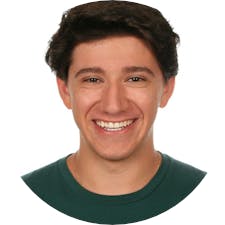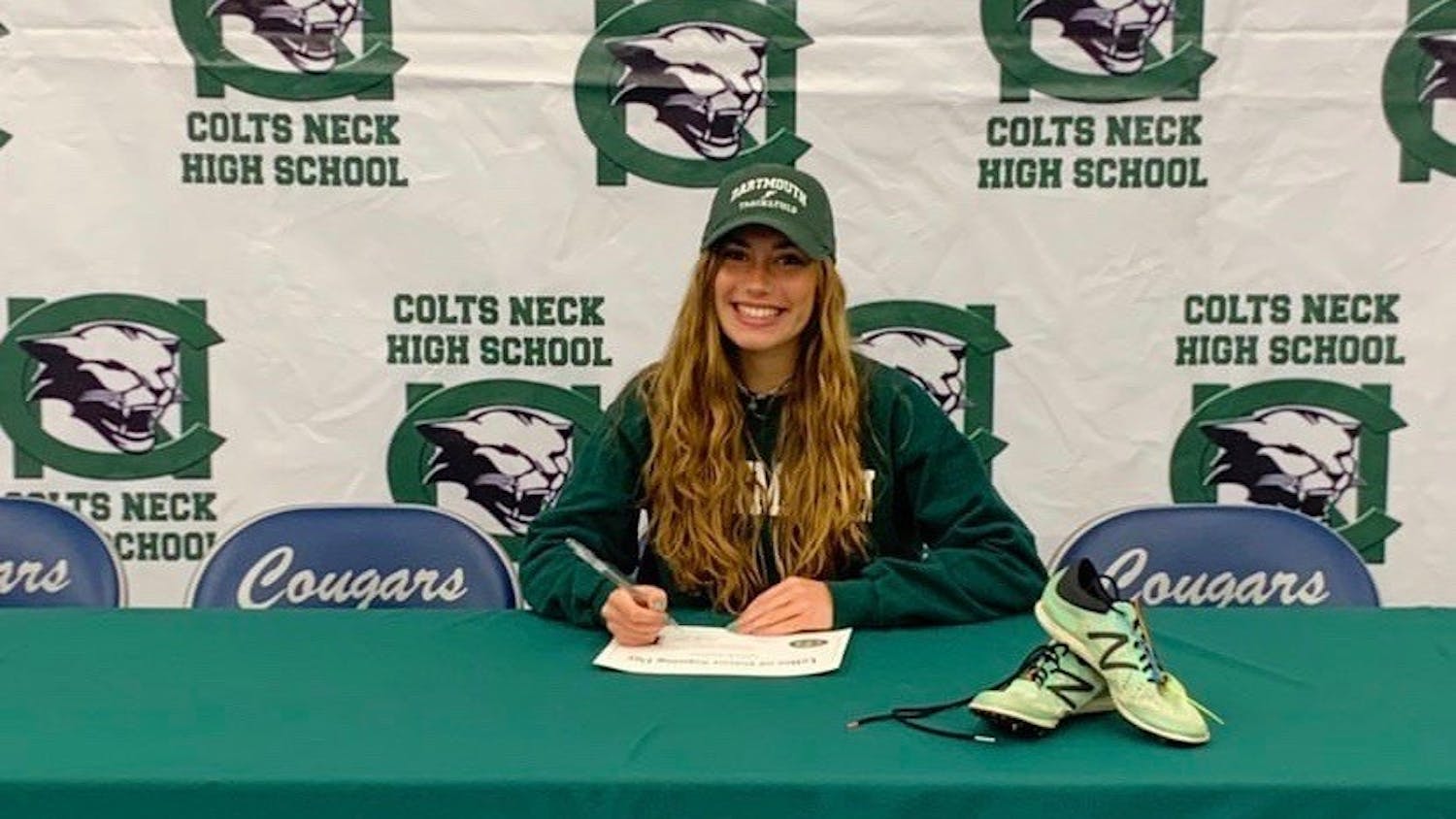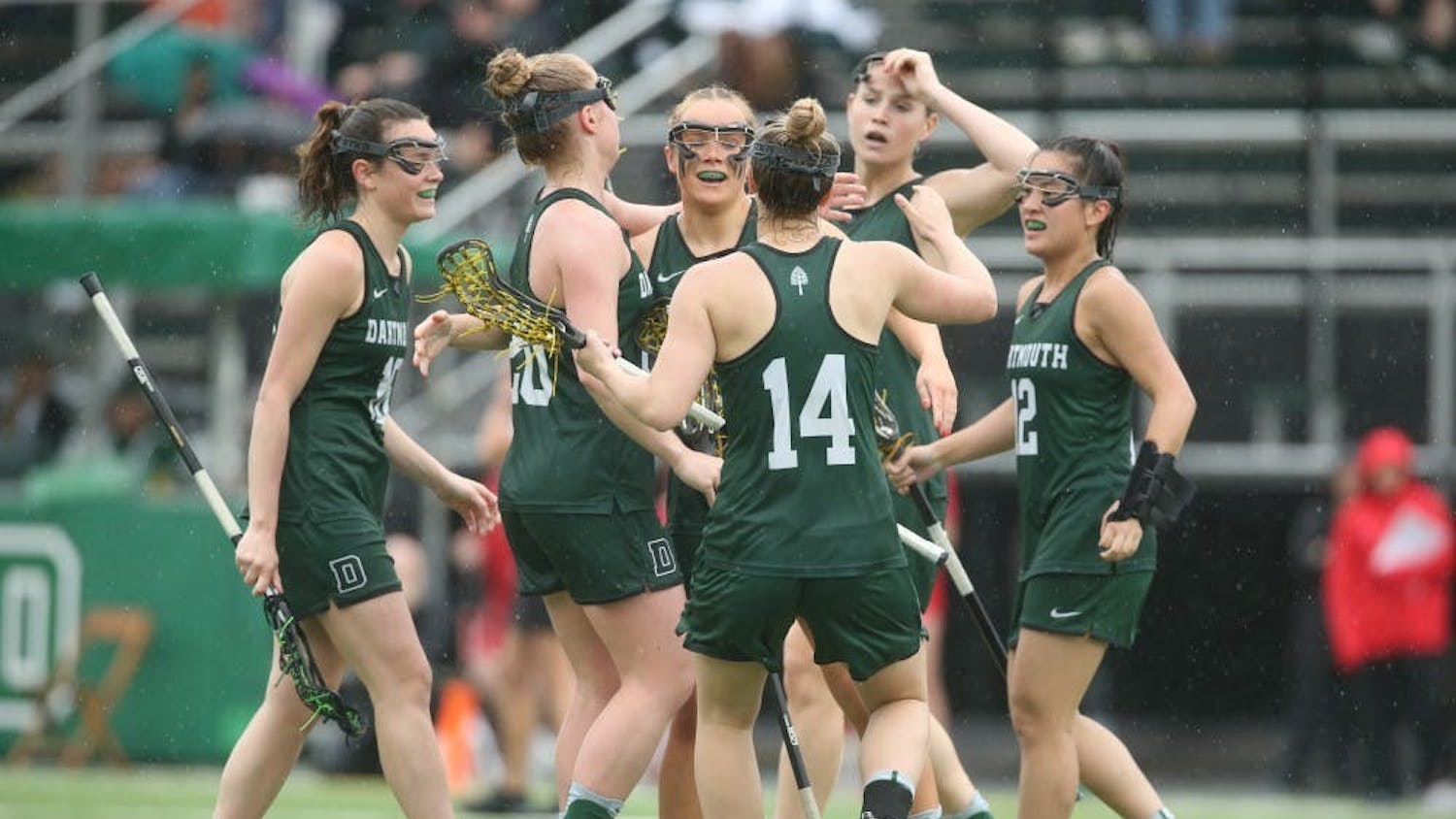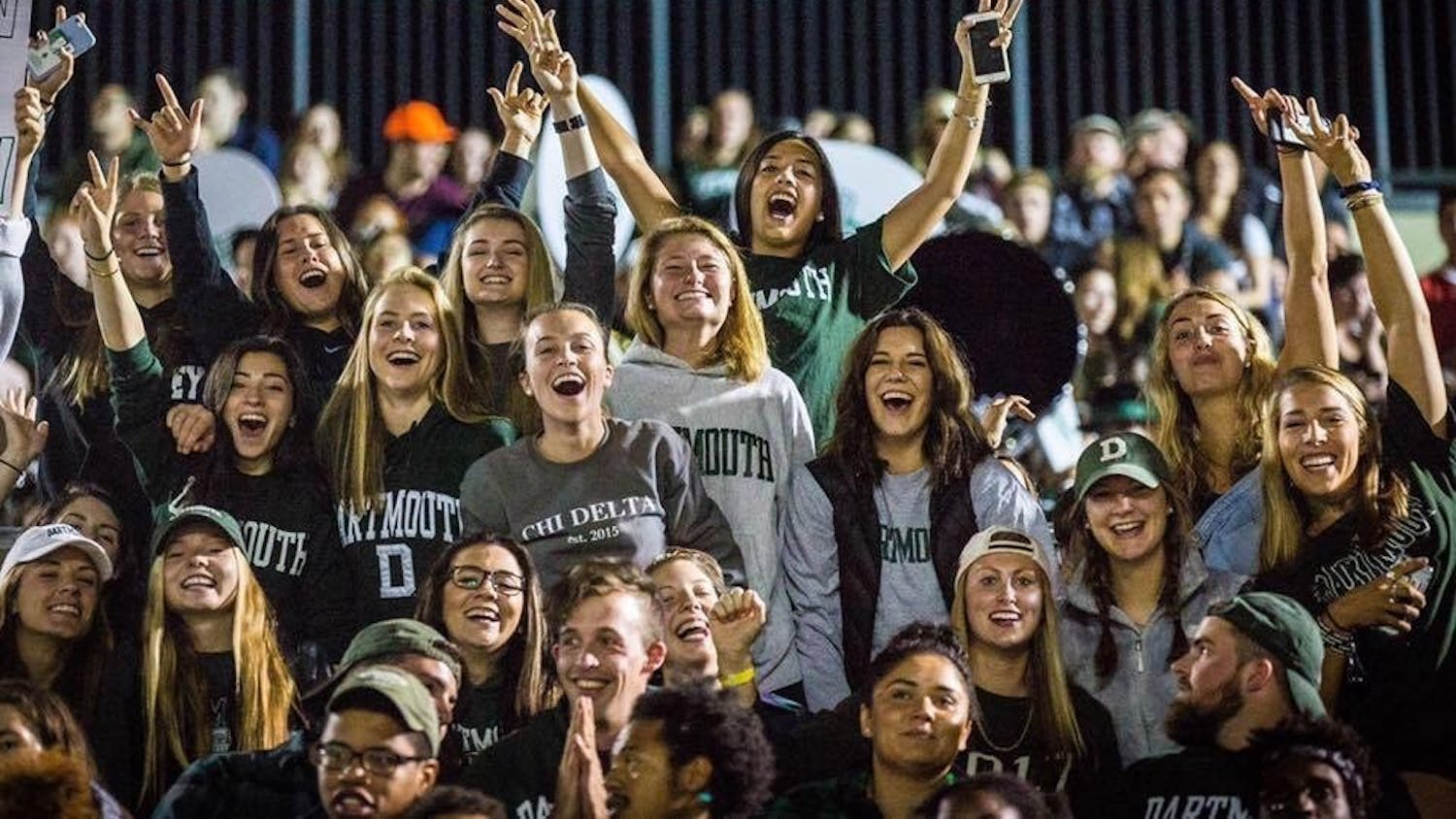The Ivy League announced this evening that all intercollegiate athletic activity will be canceled for the fall in response to growing concerns over the COVID-19 pandemic. The feasibility of moving fall sports to the spring, as well as plans for winter and spring sports, will be determined at a later date.
“We are entrusted to create and maintain an educational environment that is guided by health and safety considerations,” the Ivy League presidents wrote in a joint statement. “There can be no greater responsibility — and that is the basis for this difficult decision.”
The Ivy League is the first Division I conference to cancel fall sports. In the immediate future, this decision means that the entirety of Dartmouth’s football, cross country, field hockey, rowing, rugby, sailing, soccer, tennis and volleyball seasons have been canceled for the fall. According to Jon Rothstein of CBS Sports, no athletics will take place before Jan. 1, 2021, so the Ivy League’s decision also has ramifications for winter sports such as basketball, ice hockey and swimming — these athletes will at least have the start of their seasons delayed. CBS Sports reported that winter sport athletes will receive an update later this month on their practice schedules.
“The health and safety of our students is of paramount importance, but I am heartbroken that our student-athletes won’t get the opportunity to compete this fall,” Dartmouth athletics director Harry Sheehy wrote in a statement. “They have spent countless hours and put tremendous effort into training for their respective sports, and while they will still have some athletic experiences on campus, it obviously is not the same without going head-to-head against your peers from other institutions.”
In the announcement, the conference noted that “fall-sport student athletes will not use a season of eligibility in the fall, whether or not they enroll.” However, the Ivy League has not yet clarified the implications of its decision for students who wish to play beyond their anticipated graduation date. Students “will need to work with their institutions in accordance with campus policy to determine their options,” the statement said.
While the decision comes as a major blow to fall sport athletes, it was not unforeseen. With Dartmouth and several other Ivy League institutions announcing plans to bring back only a fraction of the student body this fall, the writing appeared to be on the wall for the cancellation of fall sports. Multiple Ivy League football coaches told The Athletic on Monday that they expected the football season to be moved to the spring, though Ivy League spokesperson Matt Panto told The New York Times on Wednesday that the conference had not yet sought a waiver from the NCAA to do so. Panto said that this is something the conference believes would be required.
This announcement sent shockwaves through the college athletic community, with widespread speculation that other conferences may follow the Ivy League’s lead. However, because Ivy League schools are less dependent on athletic dollars than most other universities, the Ivy League could prove to be alone in its decision. Ivy League programs bring in roughly $400,000 to $500,000 in revenue from non-conference games, and the conference loses more money on football than any other sport. As the only profitable sport for the conference, a delayed basketball season could be a more significant financial blow.
The Ivy League set the tone for Division I cancellations this spring during the early stages of the pandemic, canceling the Ivy League basketball tournaments on March 10 and canceling all spring varsity athletic events the next day. Though the Ivy League’s prescient announcements were initially ridiculed by some pundits as an overreaction, the narrative quickly flipped as conferences across the nation and the NCAA announced their own cancellations within a day. It remains to be seen whether the decision from the Ancient Eight will have similar ramifications this time around.
“I hope that we as a nation can slow the spread of this virus so we can return to a semblance of normalcy as quickly as possible, and our student-athletes can once again compete for Ivy League championships,” Sheehy wrote.
Another story with more information will be published in the future.





